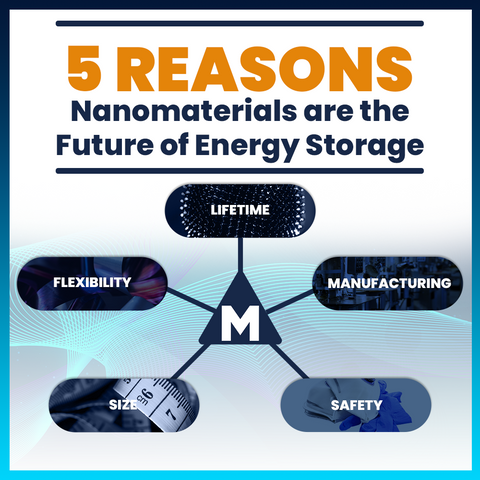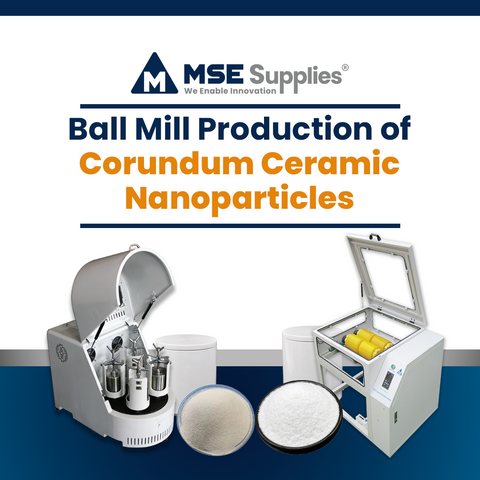News — Industry - Material Science
2D Materials Can Now be Controlled with Redox Reactions
Posted by MSE Supplies Admin on
Researchers at the Pohang University of Science & Technology (POSTECH) Department of Chemistry have discovered that redox reactions can be used to control the properties of two-dimensional (2D) materials. Redox reactions b...
5 Reasons Nanomaterials are the Future of Energy Storage
Posted by MSE Supplies Admin on
An international conglomerate of scientists and researchers from Drexel, Stanford, Graphene Labs, the Center for Advancing Electronics Dresden (CFAED) and others have collaborated to develop a report that details how the future...
MSE Supplies at 2019 MRS Fall Meeting & Exhibit Booth 719 (Limited Time Offers Available)
Posted by MSE Supplies Admin on
MSE Supplies joined materials scientists and engineers at the 2019 MRS Fall Meeting & Exhibit in Boston, MA (December 1-6, 2019) at Booth 719.
How to Quantify the Quality of Graphene? Scientists Have Provided an Answer
Posted by MSE Supplies Admin on
Ball Mill Production of Corundum Ceramic Nanoparticles
Posted by MSE Supplies Admin on





